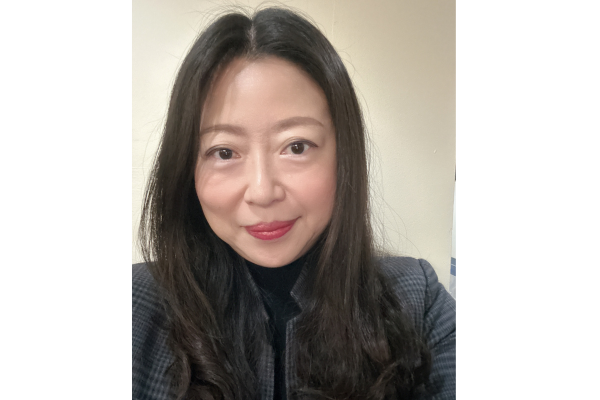
The Institute for Korean Studies presents:
"Fugitive Masculinity and the Empire of Crime: Mapping Race and Gender in Yŏm Sangsŏp’s Fiction"
Jooyeon Rhee
Penn State University
Abstract: This presentation aims to show how crime fiction responded to the hegemonic discourse of race and gender in the Japanese empire. While the enactment of modern law and judiciary systems were instrumental for the Japanese colonial state for controlling the Korean population, the discursive formation and practice of criminalizing Koreans not only enhanced the hierarchy between the metropole and the colony but also intensified Koreans’ anxiety toward the increasingly ambiguous manifestation of colonial modernity in everyday life. As one of the most popular literary genres at the time, crime fiction acutely reflects such process of racializing the colonized and their emotional reaction to such ambiguity. One of the prolific writers of the time, Yŏm Sangsŏp, is noteworthy due to his active deployment of crime and mystery fiction tropes to map out the racial hierarchy in gendered terms. I analyze Yŏm’s two works—a short story, “On the Eve of the Uprising” (1924) and a novel, Love and Crime (1927-1928)—by attending to the representation of what I term “fugitive masculinity,” referring to the figures of Korean male intellectuals whose critique of the repressive colonial reality and their anxiety toward the ambiguity of colonial modernity are described in tailing, border crossings, crimes, and domestic disorder. Parsing the interplay of bodies, money, time, and space, this presentation aims to shed light on the aesthetic possibilities of Yŏm’s fiction by generating a constructive critique of modernity through the lens of deviance and dissonance. Download the PDF flyer here.
Dr. Jooyeon Rhee is Associate Professor of Asian Studies and Comparative Literature whose multidisciplinary research interests include literary history, literary criticism, gender studies, visual culture, and diaspora studies in inter-Asian and inter-imperial contexts. She is the author of The Novel in Transition: Gender and Literature in Early Colonial Korea (Cornell, 2019) and peer reviewed journals and book chapters on Korean and Japanese literature, film, visual culture, and Korean diaspora in Japan; co-editor of Gender and Food in Transnational East Asias (Lexington, 2021), and special journal issues including “Culinary Culture on the Move” (Verge: Studies in Global Asias, 2023). Currently, she is working on two projects: popular imaginations of deviance in Korean and Japanese crime fiction; and food in global Korean literature and films to shed light on the entangled networks and movements of people, capital, and thoughts at the intersections of gender and race/ethnicity.
